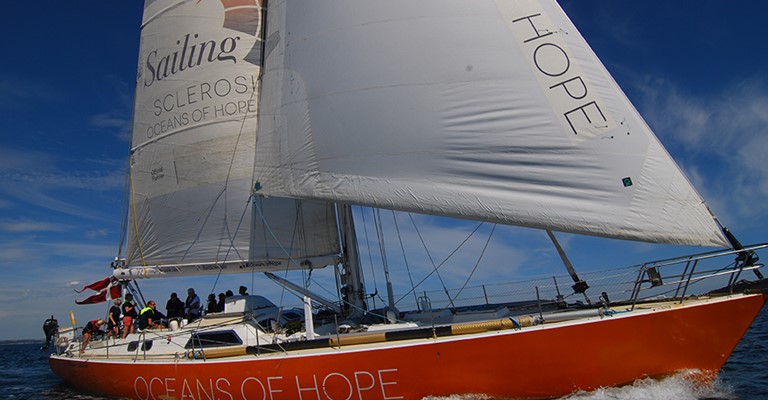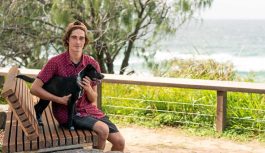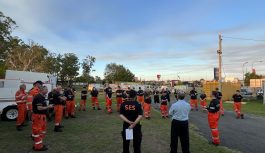
Rediscovering hope and optimism aboard the Oceans of Hope
A research study titled, “I can do more than I thought I could”: exploring the online blogs from the Sailing Sclerosis Oceans of Hope journey”, by researchers in the Faculty of Education at Monash University, Australia, was recently published in the international journal, Disability and Rehabilitation.
This unique study, by Janene Swalwell and Felicity Broadbent, concludes, “numerous psychosocial benefits are achievable when individuals with multiple sclerosis are provided with opportunities and support to challenge themselves”. There are currently no other published studies that have taken this approach to analysing the impact of what was a “unique” experience for people living with MS.
In 2015, the 20 metre racing yacht Oceans of Hope completed a 17-month circumnavigation of the globe, which involved the participation of 94 people with MS from 16 countries as crew members for the various legs of the voyage. The first time any such voyage has been undertaken.
The impact and excitement that this journey generated for those on board Oceans of Hope and for those who participated in sailing experiences at each port the yacht visited was incredible. MS Australia and the Oceans of Hope Sailing Sclerosis team were keen to create a legacy for the project that involved a research analysis of the impact of the journey on participants with MS. Researchers at Monash University rose to this challenge and undertook a deductive thematic analysis of the blogs posted by the crew with MS.
The results of the study suggested that the journey outcomes included, “lower levels of depression, better quality of life, more positive well-being, an increase in self-esteem, reduced anxiety, lower stress levels and better life satisfaction, as well as increased social support and empowerment”[1].
Some of the MS crew member’s blogs speak for themselves:
“Challenges are good, overcoming challenges is better.”
“There’s this mutual understanding between us crew members with MS, we all know exactly what it means and we can tell if someone is having a bad day and know what the feels like.”
“Before the sailing I knew I was a strong person…but still felt weaker than before I was diagnosed with MS. Now I feel I’m back to my ‘normal’ me, having the faith and trust in myself.”
“It is time to properly look at the future, not to the past. Time to dream of new dreams, not to dwell on reasons why I should not.”
There are many more powerful statements such as these, encapsulated by this study.
Dr Mikkel Anthonisen, founder of the Oceans of Hope Sailing Sclerosis project, said,
“The publication of these research findings validates many of the aspirations we set out to achieve with the Oceans of Hope project. Our Mission was to change the perception of MS by showing what is possible when people with a chronic disease are empowered to conquer their individual challenges, by engaging with those whose lives are touched by MS and developing networks as a foundation for life changing behaviours.”
“It seemed obvious to all of us sailing together on Oceans of Hope that these changes were happening, and now this research confirms it”, said Dr Anthonisen.
These findings will help to inform the ongoing work of the Oceans of Hope projects around the globe, which continue to provide exciting challenges for the world-wide MS community.




